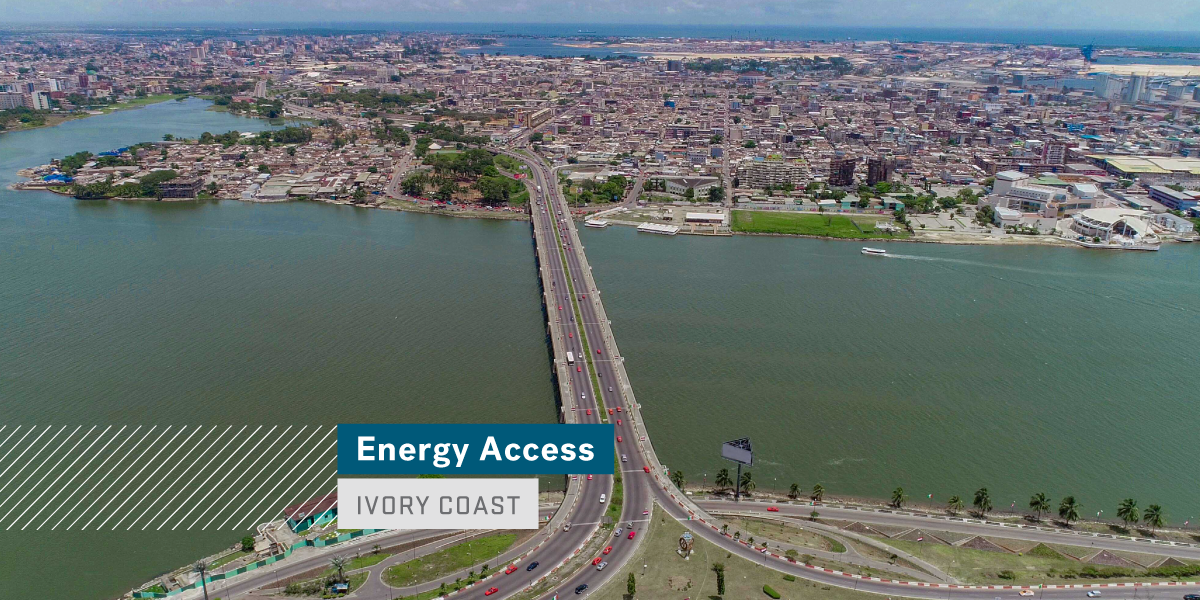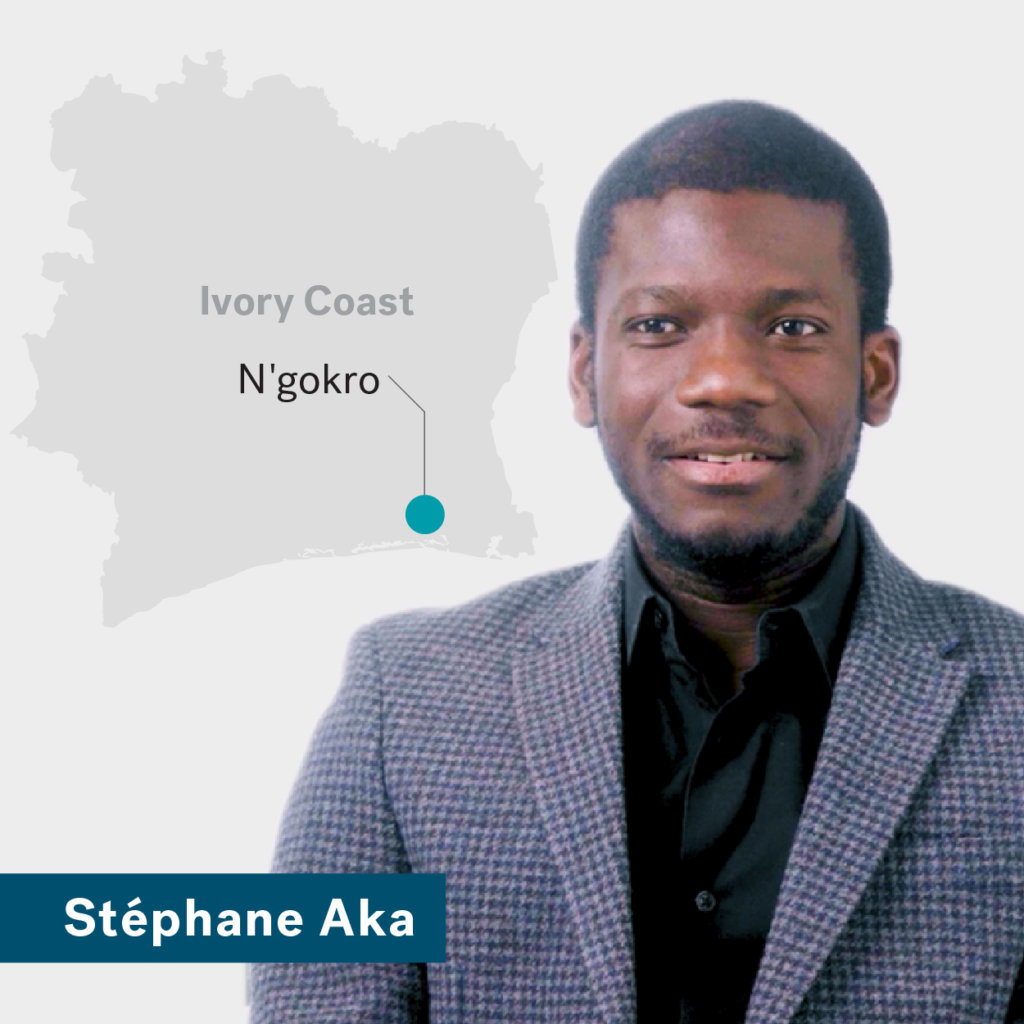

Growing up in Abidjan, Ivory Coast, Stéphane Aka, APA’s director of Suriname Planning, was not often found wanting. Although his home country had experienced significant political turbulence throughout the late 1990s and early 2000s, Stéphane was one of the fortunate ones — he had consistent access to electricity, clean running water and
transportation. Life in the nation’s largest city was comfortable. Visiting his family in the Ivorian countryside, however, was an entirely different story.
Nestled behind a moatlike lake, the village of N’Gokro isn’t easily accessed by modern modes of transport. Instead, visitors must cross the lake that surrounds its borders by small boat or canoe, often bumping into local fishermen in the process.
“In the summertime, we would visit — it was fairly apparent that you were in a different place,” Stéphane said. “It’s day and night. No propane; only firewood was used for cooking, typically over a clay pot.”
Although N’Gokro has changed over the past five years, with recent access to electricity becoming a reality for residents, gas stoves are still not widely available, with traditional clay pots and firewood serving as primary cooking tools. The lack of roadways and infrastructure remains the same, making it difficult for local commerce to flourish. Stéphane’s cousin, a local fisherman, still depends on his daily catch to secure his livelihood. If a bridge were to connect N’Gokro to nearby villages, or if cars and the energy to fuel them were more accessible, Stéphane believes this could directly raise the standard of living for many people like his cousin.
“Once you have expanded electricity and energy access, then you could build further,” Stéphane said. “The pace of progress tends to be measured in years, so I can only hope that it takes place sooner rather than later.”
Much work remains to be done in N’Gokro and the Ivory Coast at large. Progress has been made, but most Ivorians living in rural areas still lack access to electricity, transportation and an abundance of clean, running water. Affordable, reliable energy is sorely needed, a fact Stéphane now reflects on after working in energy exploration and production.
“In parts of my country, energy access is a tangible reality — it resonates differently when I put it back into perspective from that village,” Stéphane said. “Initially, I didn’t make such a connection, but it’s absolutely fundamental.”